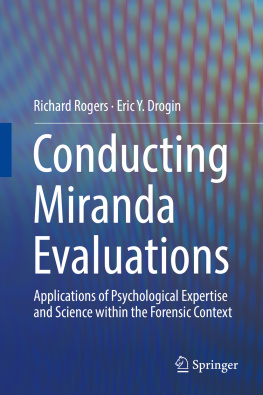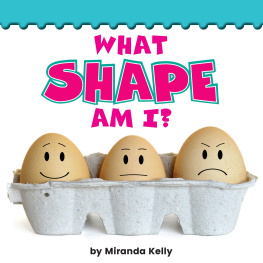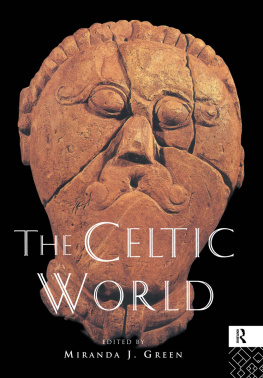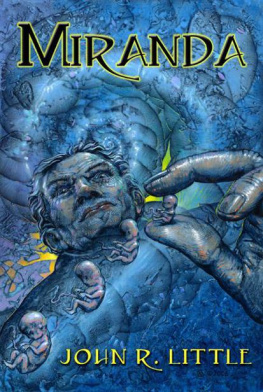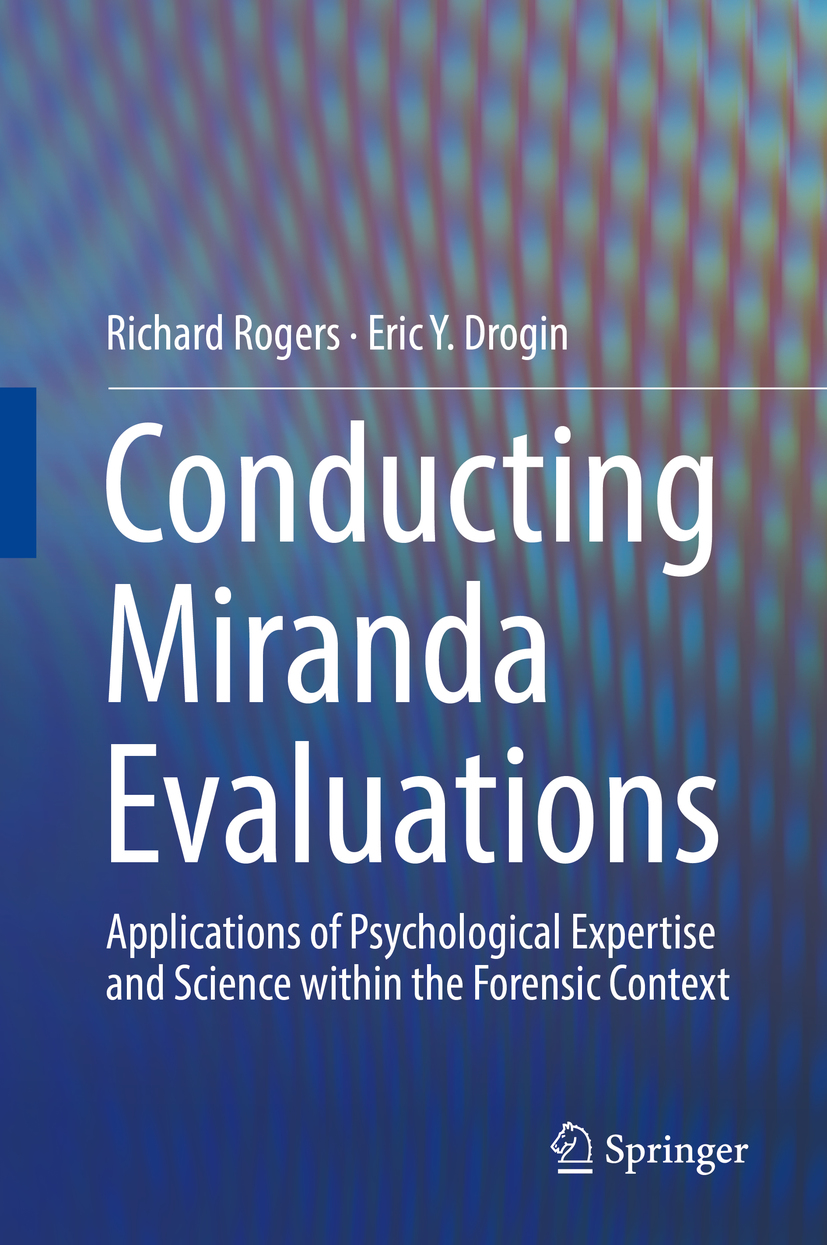Richard Rogers and Eric Y. Drogin
Conducting Miranda Evaluations Applications of Psychological Expertise and Science within the Forensic Context
Richard Rogers
Department of Psychology, University of North Texas, Denton, TX, USA
Eric Y. Drogin
Department of Psychiatry, Harvard Medical School, Boston, MA, USA
ISBN 978-3-030-13510-2 e-ISBN 978-3-030-13511-9
https://doi.org/10.1007/978-3-030-13511-9
Library of Congress Control Number: 2019935142
Springer Nature Switzerland AG 2019
This work is subject to copyright. All rights are reserved by the Publisher, whether the whole or part of the material is concerned, specifically the rights of translation, reprinting, reuse of illustrations, recitation, broadcasting, reproduction on microfilms or in any other physical way, and transmission or information storage and retrieval, electronic adaptation, computer software, or by similar or dissimilar methodology now known or hereafter developed.
The use of general descriptive names, registered names, trademarks, service marks, etc. in this publication does not imply, even in the absence of a specific statement, that such names are exempt from the relevant protective laws and regulations and therefore free for general use.
The publisher, the authors, and the editors are safe to assume that the advice and information in this book are believed to be true and accurate at the date of publication. Neither the publisher nor the authors or the editors give a warranty, express or implied, with respect to the material contained herein or for any errors or omissions that may have been made. The publisher remains neutral with regard to jurisdictional claims in published maps and institutional affiliations.
This Springer imprint is published by the registered company Springer Nature Switzerland AG
The registered company address is: Gewerbestrasse 11, 6330 Cham, Switzerland
Preface
Largely overlooked until the last two decades, Miranda evaluations may eventually overshadow all other criminal forensic mental health issues combined. A conservative estimate (Rogers 2011) is that several hundred thousand adult defendants per yearpersons with serious mental disorders and severely impaired Miranda abilitieswaive their rights and confess without the benefit of counsel. Each year, comparable numbers are estimated for developmentally immature juvenile detainees facing custodial questioning. This book is timely in addressing this emerging crisis and in positioning psychologists and psychiatrists as the professionals best equipped to meet its challenges.
Conducting Miranda Evaluations provides practicing psychologists and psychiatrists with both the conceptual framework and clinical methods needed to respond to these forensic assessment opportunities. Readers are presented with balanced, empirically driven guidance on how to interact with counsel, conduct these assessments, and communicate their conclusions to the legal community. This book provides mental health professionals with the necessary legal and forensic background for carrying out sophisticated evaluations that cover both Miranda comprehension and reasoning. In addition, two chapters describe how to integrate findings and communicate them via forensic reports and expert testimony. The final chapter broadens the focus to other professional roles and responsibilities involving education, consultation, and research.
The professional audience for this book is likely to be both broad and diverse. In highly populated urban centers, readers will likely be composed predominantly of forensic psychologists and psychiatrists with similarly specialized training. However, more than 1000 rural and semirural counties in the United States depend mostly on seasoned generalists to evaluate routinely forensic assessments such as Miranda consultations. This book will be respectful of both professional audiences and a smaller group of criminal attorneys seeking to educate themselves about the psychological advances in Miranda issues.
Richard Rogers
Eric Y. Drogin
Denton, TX, USA Boston, MA, USA
Contents
1. Legal Framework for Miranda Assessments
Appellate Decisions on Miranda Issues
Why Study These Decisions?
Forensic mental health services do not occur in a vacuum. Instead, they should be conceptualized as an often complex system that interfaces law, criminal justice, and specialties of forensic psychology and psychiatry .
When we conduct clinical evaluations or psychotherapy, be it in a hospital, in a school, or in the privacy of our own offices, wein collaboration with our patients/clientsare the professionals running the show. Stated in simple terms, we find out what may be wrong, and we try to make it better. Yes, there are laws that shape what we do and how we should do it. Ethical codes (e.g., American Academy of Psychiatry and the Law ) provide mandatory standards for professional comportment . Guild-driven guidelines set aspirational goals we wish we could always attain. As long as we keep it within the navigational beacons, how we succeed is left up to us.
Forensic mental health services are about solving other professionals referral issues , generally on terms they devise, concerning issues they find important, consistent with their own behavioral assumptions. As mental health professionals who function in the legal arena, we still obey the law, adhere to our ethical codes, and pursue our guidelines. While it is true that we have been afforded considerable freedom in how we perform our forensic duties, if we fail to discern and deliver what the criminal justice system thinks it needs from us, we are literally wasting their time and ours.
Fortunately, figuring out the expectations of other professionals is a rational and intuitive process for which we are uniquely skilled, given our clinical expertise. Moreover, we do not have to look far to find our data set. As it turns out, the criminal justice system has found a way to share this information in a direct fashion information for centuries : the appellate decision. In these written opinions, senior judges settle interpretive disputes about all manner of legal issues. They take great pains to explain their reasoning, overtly communicating both their objectives and their assumptions so that trial judgesand we as forensic practitionersmay get it right in future cases.
The vast, intricate realm of Miranda jurisprudence burst into public consciousness with a high-profile and controversial appellate decision over half a century ago, drawing from several decades worth of prior opinions and spawning a series of consequential new rulings that debut periodically to the present day. What has endured throughout all of these appellate decisions, essentially unscathed, is the fundamental notion that when law enforcement professionals take someone into custody, certain warnings must be provided if they want to use that persons statements as evidence. Is it really that simple? The Supreme Court of the United States (the Court) has been telling us so for a long time now, but apparently legal and mental health professionals alike are still not getting it right.

